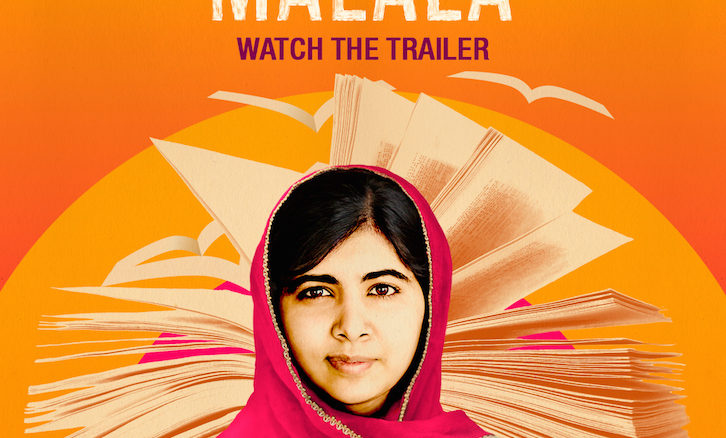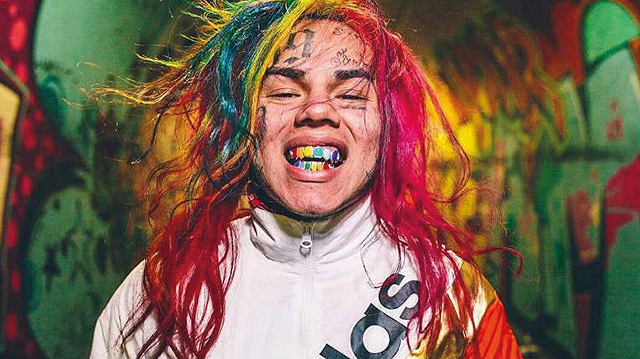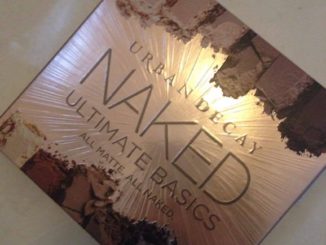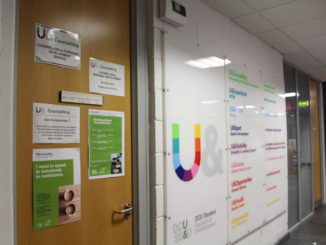
One girls story of terrorism, courage and advocating for education.
He Named Me Malala tells the story of the remarkable Malala Yousafzi, a teenager who was shot in the face by the Taliban and survived.
However this shooting does not define her, and it is not what she should be known for. Malala is an education activist and global spokesperson for millions of voiceless people. “I am not one voice. I am many,” she said.
Director Davis Guggienheim was drawn to Malala when he heard her extraordinary story, and wanted to tell it to the world. “She is gifted and fearless,” he said, which is portrayed in the movie through beautiful, sumptuous animation. The combination of film and animation makes it interesting and exciting to watch, separating it from documentaries that consist purely of film.
Targeted as a critic of the Taliban in her early teen years, she was shot in the head on a school bus. She barely survived.
Now, at 18, she is an indomitable young woman who claims not to be afraid of the Taliban, nor to be angry at them. In fact, she is insistent in her desire to return to her hometown of Swat, where death threats still await her.
When awarded the Nobel Peace Prize, Malala used her speech to criticise governments that have the resources to start wars, but not to enable universal education. “Why is it that giving guns is so easy but giving books is so hard?” As the youngest winner of the prize she has spoken at the United Nations, met Barack Obama, was named one of Time magazine’s 100 most influential people and has published her own memoir, all while continuing her education in Birmingham.
Malala’s loving relationship with her activist father, Ziauddin Yousafzai, was at the center of this film. We see his anguish and guilt for what happened to her when he speaks of how he named her after Pashtur folk heroine, Malalai of Maiward. He blames himself, however Malala says, “My father only gave me the name Malala. He did not make me Malala. I chose this life and now I must continue with it.” Ziaddun says, “You are loved by your daughters. You must love them and what your real love will be that what you give to your sons, you must give to your daughters.” He describe his relationship with his daughter as a special bond with “one soul in two bodies”.
“Educating Malala was giving her power, giving her liberation, giving her the ability to transform her town and inspire millions of people” said Guggienheim to Malala’s father.
We see Malala’s strange relationship with her uneducated, conservative mother who finds their move from Pakistan to England difficult.The underlying shady presence of her mother is seen throughout the documentary but we learn in the end that Malala inspired her to resume her education.
“I’m hopeful that the film will be watched by children in the developing countries and it will inspire them to stand up for their rights and fight against the issues that stop them from going to school,” said Malala. She calls her goals and dreams “simple and straightforward”, to see every child in the world gets quality education. Not just primary education, but secondary also. “This has been my mission and I will make it come true.”
This young woman is unlike any other. Beautifully articulate, she is passionate and intelligent beyond her years. She took a bullet for her beliefs and says “I have been given a new life, and this life is a sacred life”.
The movie portrays Malala as both extraordinary and ordinary, which shows that anyone can inspire and make a change.
The only negative about this film was the music. It can be tough with documentaries to find suitable music that doesn’t take away from the story or the message. It can be quite obvious to a viewer when the music isn’t right. This was the case with the Alicia Keys song, Story To Tell, which was featured. However, it was certainly not a deal-breaker in terms of engagement.
Malala wants this movie to be more than just a movie, she wants it to be a movement. For people to come together, take action and make a change.I encourage anyone and everyone to watch this film as it will honestly change how you see things and make you appreciate your education more than anything else you have. “Education is power.”
Alana Laverty




Leave a Reply